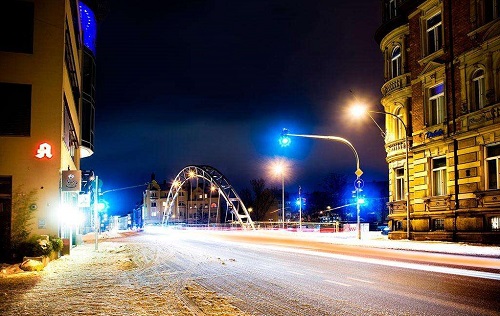

For the second time in three years, a trio of scientists connected to lighting has won a Nobel Prize, as the Nobel Assembly has awarded three biologists with the Nobel Prize in Physiology or Medicine for helping to explain how the human circadian cycle works, including how light affects our daily rhythms.
Interested in articles & announcements on circadian light or human-centric lighting?
To be clear, light was not the centerpiece of research by the three new Nobel Laureates Jeffrey C. Hall, Michael Rosbash, and Michael W. Young — in contrast to the lighting centric work of Shuji Nakamura, Isamu Akasaki, and Hiroshi Amano who won the 2014 Nobel Prize in Physics for their invention of the blue LED.
Rather, Hall, Rosbash, and Young over the years revealed the complicated cell-level mechanisms that literally make the circadian clock tick, in work on fruit flies that has since been shown to also explain the circadian processes in humans. Hall is affiliated with Rockefeller University in New York, and Rosbash and Young with Brandeis University in Boston, as well as the University of Maine for Young.
Copyright 2006-2025 Shanghai Sinoexpo Informa Markets International Exhibition Co., Ltd. All rights reserved